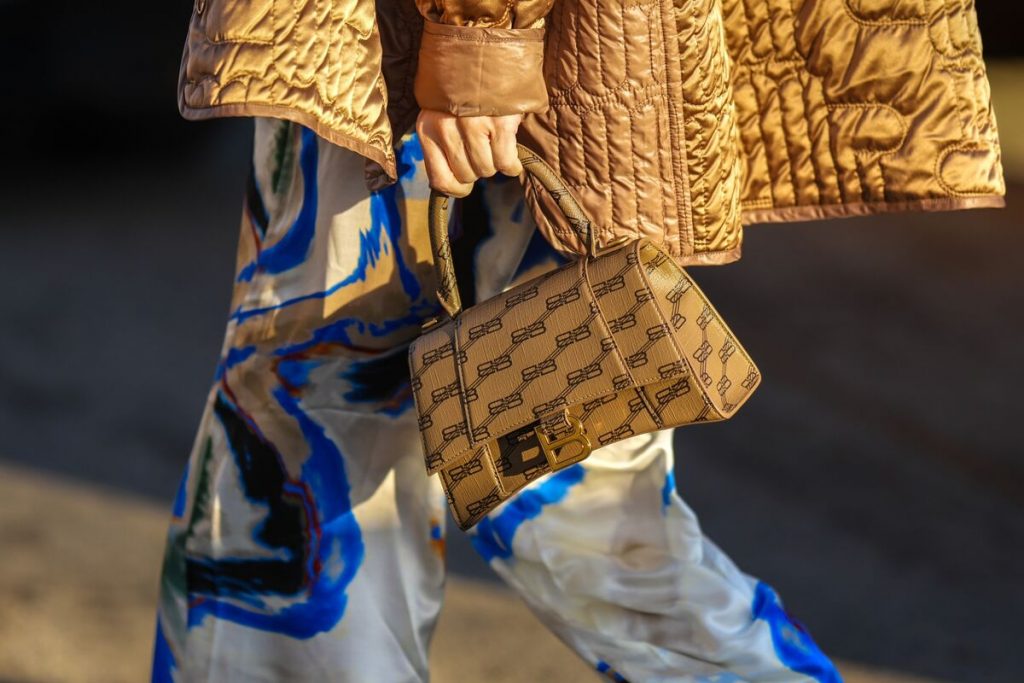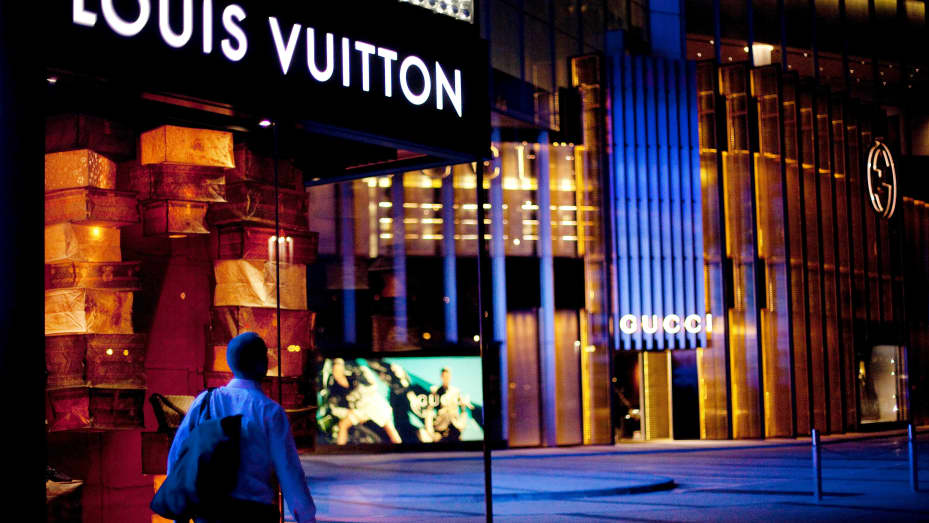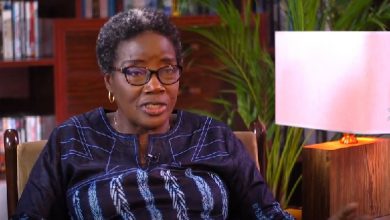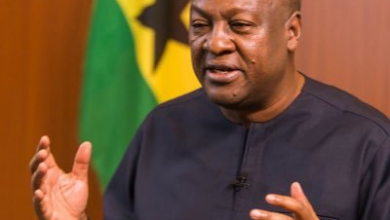China’s crackdown on wealth display hit top luxury brands

China’s economic slowdown and a government crackdown on displays of wealth are impacting leading luxury brands globally.
LVMH, the world’s largest luxury group, reported a 14% drop in sales in Asia (excluding Japan) for the three months ending in June, worsening from a 6% decline in the previous quarter.
The company’s overall revenue growth slowed to just 1% for the same period.
Despite these challenges, Chairman and CEO Bernard Arnault expressed cautious optimism, noting LVMH’s “remarkable resilience” amid economic and geopolitical uncertainty.
LVMH, which owns 75 high-end brands including Louis Vuitton, Dior, and Tiffany & Co, has seen its shares fall nearly 20% over the past year.
Other luxury brands are also feeling the pinch. British fashion label Burberry reported a more than 20% drop in sales in mainland China compared to the previous year.
Swiss watchmaker Swatch Group, which owns Blancpain, Longines, and Omega, experienced a 14.4% decline in sales for the first half of 2024.
Richemont, owner of Cartier, saw a 27% drop in sales in China, Hong Kong, and Macau for the quarter ending in June.
German fashion giant Hugo Boss has downgraded its sales forecasts due to weak consumer demand in China and the UK.

Hermes and Gucci-owner Kering are expected to release their latest financial results soon.
Recent data indicates that China’s economy is struggling to recover from the pandemic downturn, with second-quarter growth and June retail sales falling short of expectations.
The crackdown on luxury displays has intensified, with the Chinese government shutting down social media accounts of influencers who flaunted their wealth.
In May, internet celebrity Wanghongquanxing, with over four million followers on Douyin (China’s version of TikTok), was banned for showcasing luxury items, part of a broader campaign against “vulgar” and ostentatious content.
Source-BBC





